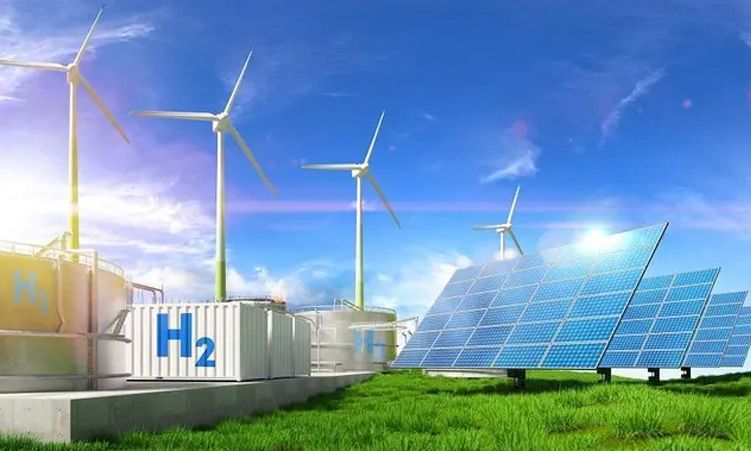THE media need to educate the public on what climate change is, what problems it will bring and how people should adapt to or reduce such problems, a University of Namibia academic said last week.
Dr John Mfune, a lecturer in biodiversity, said because climate change is a new and specialised issue, it is poorly understood by many people. Mfune said not many people understand climate-change-related jargon and terms such as UNFCC, Conference of Parties (CoP) and International Panel on Climate Change (IPCC).He said journalists should translate them into simple terms that people can understand.UNFCC stands for the UN Framework Convention on Climate, and the meeting of countries that are members of this global environmental agreement are called the Conference of Parties.Mfune said the media should help the public to know the facts about climate change, and what they can do in their daily lives to make a difference. He said for journalists to effectively report on climate change, they have to get the information from scientists, rural people as well as attend climate change conferences, where they can interact with climate change experts.He was addressing a three-day training workshop on reporting on climate change for local journalists.Because of its arid environment, over-dependence on rain-fed agriculture and recurrent droughts, Namibia will be hard hit by climate change.A study done by Unam in 2007 predicted that agricultural production in Namibia could drop by 13 per cent. Environment and Tourism Minister Netumbo Nandi-Ndaitwah, in her opening speech read by the Director of Environmental Affairs, Teofilus Nghitila, said journalists should educate people on how to positively respond to the challenges of climate change.She said journalists should not just report what politicians say about climate change at conferences, but should use rural people, climate change scientists and non-governmental organisations as sources. The workshop was organised by the Panos Institute of Southern Africa and funded by the United Nations Development Programme (UNDP).
Stay informed with The Namibian – your source for credible journalism. Get in-depth reporting and opinions for
only N$85 a month. Invest in journalism, invest in democracy –
Subscribe Now!










